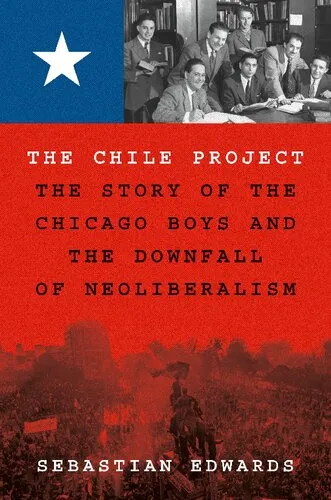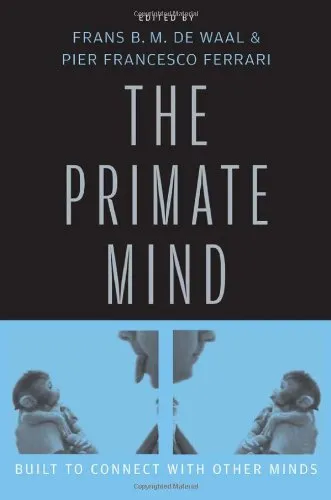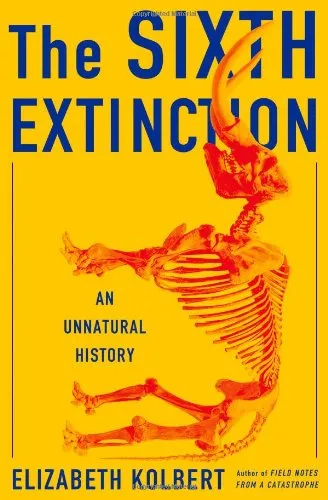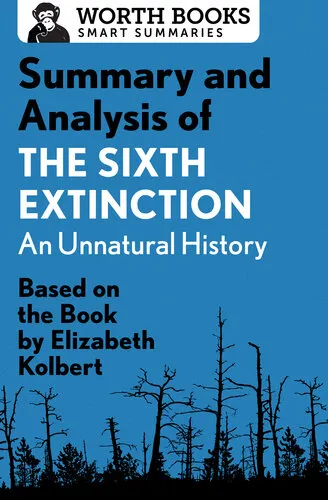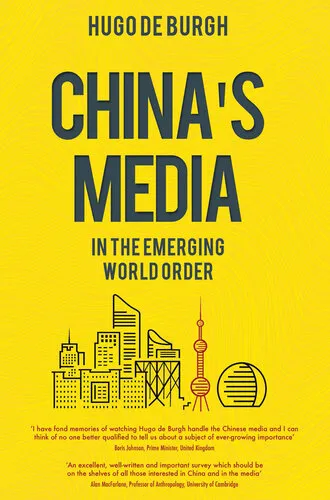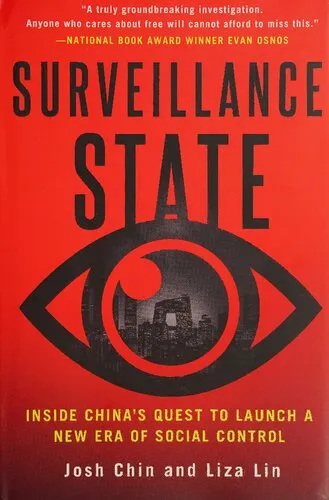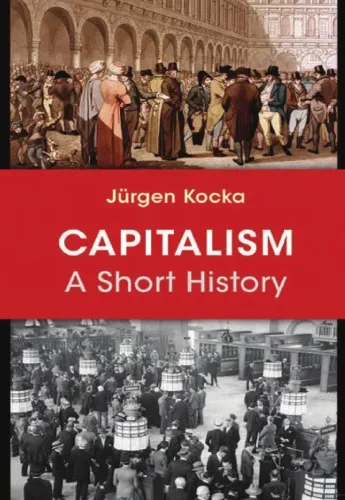The Chile Project: The Story of the Chicago Boys and the Downfall of Neoliberalism
4.5
Reviews from our users

You Can Ask your questions from this book's AI after Login
Each download or ask from book AI costs 2 points. To earn more free points, please visit the Points Guide Page and complete some valuable actions.Related Refrences:
Persian Summary
Sebastian Edwards' "The Chile Project: The Story of the Chicago Boys and the Downfall of Neoliberalism" offers an in-depth exploration of both the ascent and decline of neoliberal economic policies. Charting a historical course through the labyrinth of Chilean economic reforms, this book provides not only a political biography of a nation but also a compelling narrative of global economic shifts.
Detailed Summary of the Book
The book dives into the life and times of the "Chicago Boys," a group of Chilean economists trained at the University of Chicago under the tutelage of famed economist Milton Friedman. These individuals carried the torch of neoliberal economics, which emphasized market liberalization, fiscal austerity, privatization, and deregulation. The narrative begins during the Chilean military coup of 1973, providing an elaborate backdrop to how these economists gained influence in the Chilean government under Augusto Pinochet.
Edwards unravels how their policies transformed Chile’s economy, creating robust growth yet simultaneously leading to inequality and social unrest. This paradox sets the stage for a broader discussion about the virtues and vices of neoliberal policies on a global scale. As Chile became a testing ground for neoliberalism, its later economic, political, and social challenges served as a testament to both the success and pitfalls of such reforms.
The book proceeds to examine Chile's social landscape during the implementation of these economic policies. It focuses on how public opinion evolved over the years, ultimately leading to a shift in political sentiment and the gradual dismantling of neoliberal paradigms.
Key Takeaways
- Neoliberal policies, while fostering economic growth, can also lead to social inequality, necessitating a balanced approach to governance.
- The influence of academic training (like that of the University of Chicago) can have profound impacts on global economies when put into practice by individuals in positions of power.
- Economic models should be adaptable to changing social and political climates to remain relevant and beneficial.
- The Chilean experience serves as both a model and a warning for other countries considering implementing similar economic policies.
Famous Quotes from the Book
"The Chilean experiment was both a courageous leap and a cautionary tale, embodying the aspirations and contradictions of neoliberalism."
"Neoliberalism in Chile was not just a set of economic policies but a philosophy that redefined the nation’s identity."
Why This Book Matters
"The Chile Project" is essential reading for anyone interested in the dynamics of economic policy, political change, and their intersection. As the world grapples with the consequences of globalization and economic disparity, Edwards’ work offers crucial lessons. It reminds us that while economic models can drive growth, they must align with social justice and equality to sustain their benefits.
For policymakers, economists, and historians, this book acts as a key resource in understanding the practical and philosophical implications of neoliberalism. It sparks thoughtful discourse on how countries can balance economic innovation with social welfare, urging future leaders to learn from Chile's bold yet contested history.
Free Direct Download
You Can Download this book after Login
Accessing books through legal platforms and public libraries not only supports the rights of authors and publishers but also contributes to the sustainability of reading culture. Before downloading, please take a moment to consider these options.
Find this book on other platforms:
WorldCat helps you find books in libraries worldwide.
See ratings, reviews, and discussions on Goodreads.
Find and buy rare or used books on AbeBooks.
1723
بازدید4.5
امتیاز0
نظر98%
رضایتReviews:
4.5
Based on 0 users review
Questions & Answers
Ask questions about this book or help others by answering
No questions yet. Be the first to ask!
